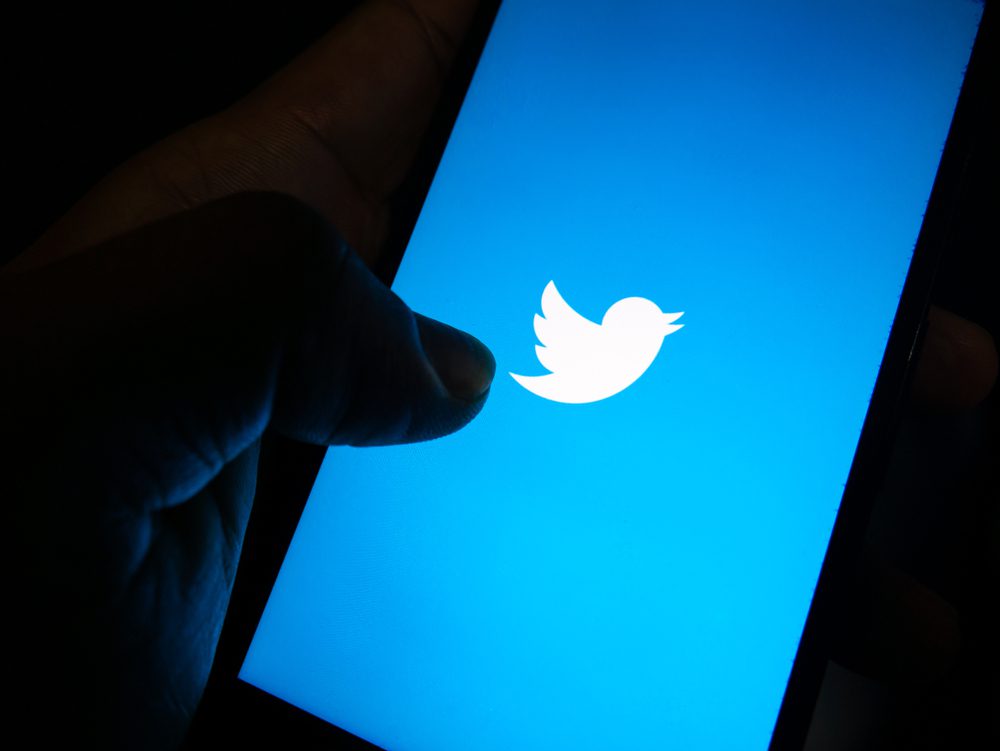When Politics Becomes Substance Abuse

Few political essays have ever touched off a furor quite like Kevin Williamson’s “The Father-Fuhrer.” And understandably so: published in early 2016, Williamson declared of the white working class, “The truth about these dysfunctional, downscale communities is that they deserve to die.” So memorable was that flash of rhetorical phosphorus that it outshone the overall theme of the piece, which was essentially social conservatism, inveighing against the decay of the family and the decline of personal responsibility. And while it was the “let them eat U-Haul” bits that got the most attention, there were other lines among Williamson’s reliably vivid prose that lingered, at least for me.
One of them was this: “Donald Trump’s speeches make them feel good. So does OxyContin.”
That equivalence between politics and substance abuse can be true, I think, not just of Trumpism but of any ideology. And in the wake of the insurrection at the Capitol last week, it’s worth considering anew.
Yesterday, the Associated Press profiled another of the victims who perished in the Capitol Hill riot (may she rest in peace):
Before she died in Wednesday’s siege at the U.S. Capitol, Rosanne Boyland was a recovering drug addict who wanted to become a sobriety counselor. But she also believed, wrongly, that President Donald Trump won the November election, and she’d begun following a dark conspiracy theory that has circulated online, her family said.
“It just spiraled,” her sister, Lonna Cave, said Friday outside her home in suburban Atlanta.
And:
Boyland had begun following the conspiracy theory over the past six months, Lonna Cave said.
Boyland explored its baseless accusations that online furniture retailer Wayfair was part of the fictional [child sex] ring, her sister said, and her faith in conspiracies spiraled from there.
“She would text me some things, and I would be like, ‘Let me fact-check that.’ And I’d sit there and I’d be like, ‘Well, I don’t think that’s actually right,’” Lonna Cave, 39, said. “We got in fights about it, arguments.”
Boyland had been nabbed multiple times on drug offenses, after which she cleaned up her act, only to plunge into conspiracy theories and junk politics. Whether this latter spiral can be characterized as an addiction isn’t clear, but the juxtaposition between the two is striking. We all know someone who treats online political engagement like a drug, twitchingly awaiting the next dispatch from Trump or Q or Louise Mensch, reacting with confusion or fury if you try to disabuse them of their delusions. It’s a problem that isn’t just limited to politics. The very currency of social media giants like Facebook and Twitter is the dopamine hit, that rush you get when you receive a like from a cool friend or you put down an antagonist to the pleasure of your followers.
For all the ex post facto outrage and censorship from the tech companies over the last week, it’s worth remembering that this kind of addictive behavior is built into their business models. And it’s one hell of a draw. Consider that all the way back in 2012, when the platform was still relatively undeveloped, one study found that resisting Twitter was more difficult than quitting smoking (only sleep and sex provided stronger urges). Consider too that Malcolm X wrote in his autobiography that quitting smoking was itself far harder than kicking heroin. (I’ll let the back-of-the-bar-napkin transitive math take you where it will.) I can’t find it now, but I remember reading an article a few years ago in which a journalist chirpily announced a new focus on wellness under which he would wait until rolling out of bed in the morning before checking Twitter. A heroic sacrifice, to be sure, and we can only hope the withdrawal convulsions did eventually subside.
What all the presidential fitness campaigns and elementary school health classes, the unibrowed prohibitionists and Excel-proficient wonks consistently miss is that man is a compulsive animal. Take the drink out of his hand and the Camel from between his fingers and he’ll find something else to cover the boring stretches. Even Cosser, the dreary technocrat in C.S. Lewis’ That Hideous Strength, allows that “people have got to have their stimulants.” The problem now is that we’ve turned political engagement into just such a stimulant, enabled by our new plastic public squares, Twitter and Facebook. For some, politics is no longer the part-time maintenance of the city or the judicious exercise of power; it’s a high. And one cathartic toke inevitably necessitates another and then another until everything else gets crowded out; your actual face-to-face relationships are downgraded in importance; you might even wake up one day and realize you’re in a pickup truck converging on Washington, D.C. with a small armory in the cab.
Which brings us back to the events of 1/6 and a final irony. So far as I’m aware, the Capitol riot has resulted in only one so-called cancelation: an upcoming book by Senator Josh Hawley. It was to be about the power of big tech and its destructive effects on our everyday lives.
Comments